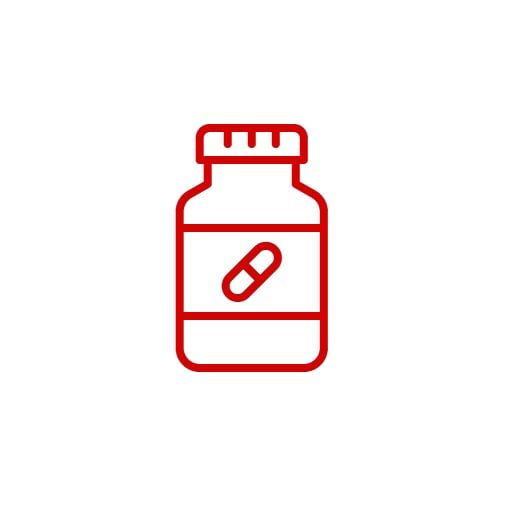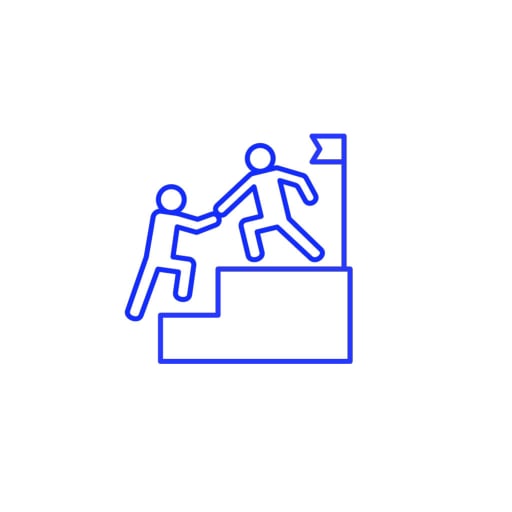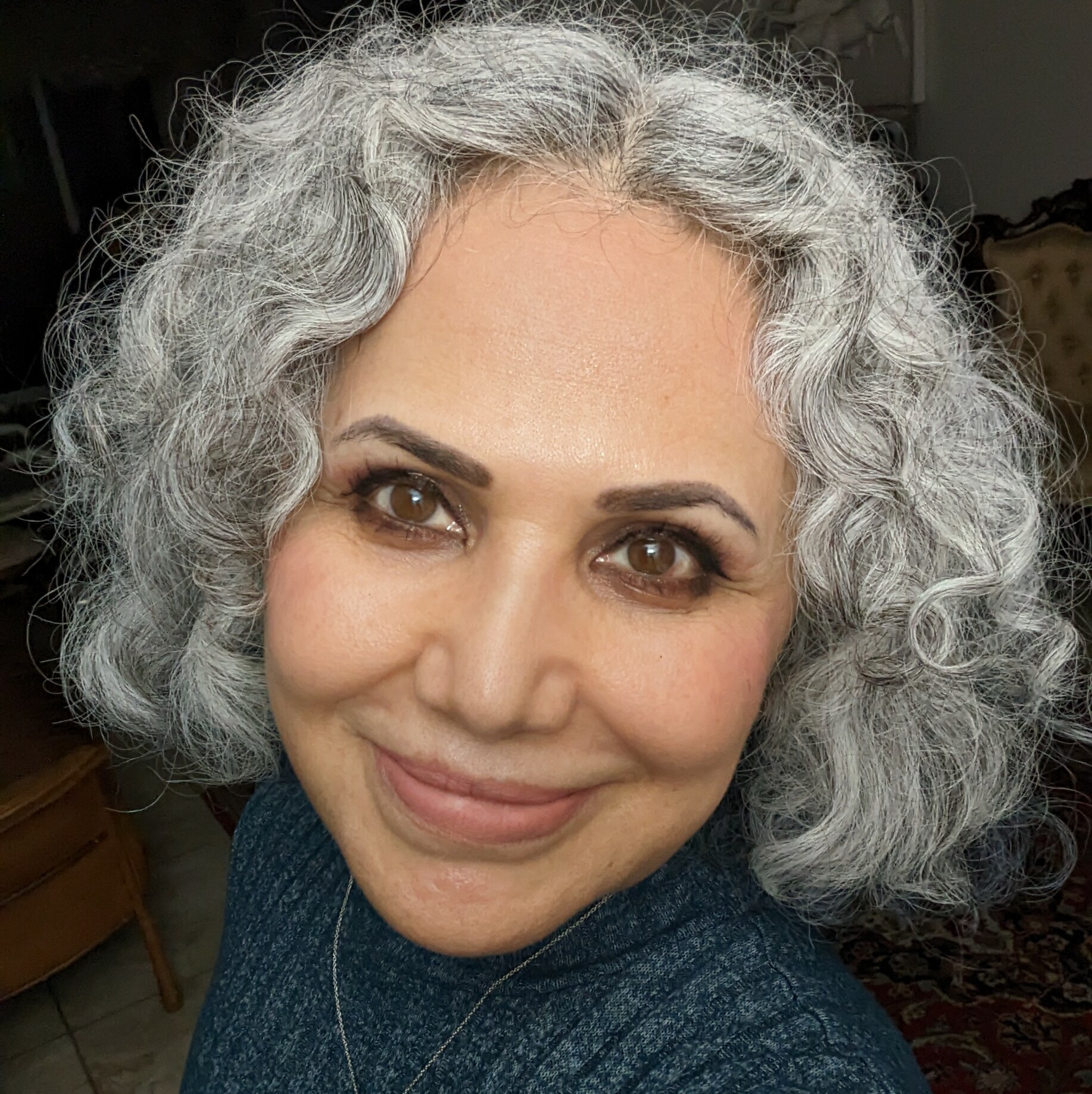Frequently Asked Questions
Psychiatric services are specialized medical services for the diagnosis, treatment, and management of mental health conditions. This includes a wide range of services, from medication management to psychotherapy and counseling. Psychiatric mental health nurse practitioners are specially trained medical professionals who can prescribe medication and provide talk therapy, while other mental health professionals like psychologists, social workers, and counselors can offer various forms of therapy, testing, and support.
Anyone experiencing emotional distress, mental health challenges, or difficulty coping with life situations can benefit from psychiatric services. Some common reasons people seek help include:
- Anxiety
- Depression
- Trauma and PTSD
- Stress
- Sleep disorders
- Relationship and family problems
- Grief and loss
- Individual therapy:
One-on-one sessions with a therapist to explore your thoughts, feelings, and patterns.
- Family therapy:
Addressing family dynamics and relationships that may be impacting mental health.
- Medication management:
Consultation with a practitioner about medication options for symptom management.
- Psychiatric evaluation:
Comprehensive assessment of mental health, diagnosis and treatment recommendations.
- Medication tapering:
Support and personalized coaching on how to safely taper psychotropic medications.
Your first appointment will typically involve a conversation with your practitioner about your current concerns, medical history, and family background. There is no pressure to share anything you're not comfortable with, and the goal is to understand your needs and recommend the best course of action and treatment.
Medication can be an effective tool for managing a variety of mental health symptoms. However, it is not always necessary, and it's important to discuss the potential benefits and risks with your practitioner and knowing the alternative options before making a decision.
Most psychotropic drugs, including benzodiazepines were intended for short term use, no more than six weeks. Long-term use of these drugs can lead to side effects which can worsen over time. However, decreasing the dose quickly can lead to even worse symptoms. We tailor the tapering schedule carefully to each client's need, with constant monitoring, psychotherapy, and lifestyle/nutrition coaching. Our holistic approach helps you come off medications with minimal discomfort or long-term effects.
Recovery from mental health challenges is a personal journey, and the time it takes varies for everyone. Some people may experience relief within weeks or months, while others may need longer-term treatment. The important thing is to be patient with yourself, trust the process, and engage in a holistic lifestyle.
Skin care can have a profound impact on overall wellness, both physically and mentally:
Pain management:
Treating skin conditions like eczema or acne through proper skincare can alleviate physical discomfort and improve overall quality of life.
Stress reduction:
Taking time each day to focus on cleansing, nourishing, and pampering your skin can be a calming and de-stressing ritual, promoting relaxation.
Improved sleep:
Skincare routines can prepare your body and mind for sleep, leading to deeper, more restful slumber, which is crucial for overall well-being.
Confidence and self-esteem:
Healthy skin leads to feeling more confident, boosts self-esteem, and positively impacts social interactions, career, and outlook on life.
Sense of accomplishment:
Sticking to a skincare routine and seeing positive results can provide a sense of accomplishment and control, contributing to well-being.
Mind-skin connection:
Stress and negative emotions can manifest in skin problems, while healthy skin can positively impact mood and mental well-being.






